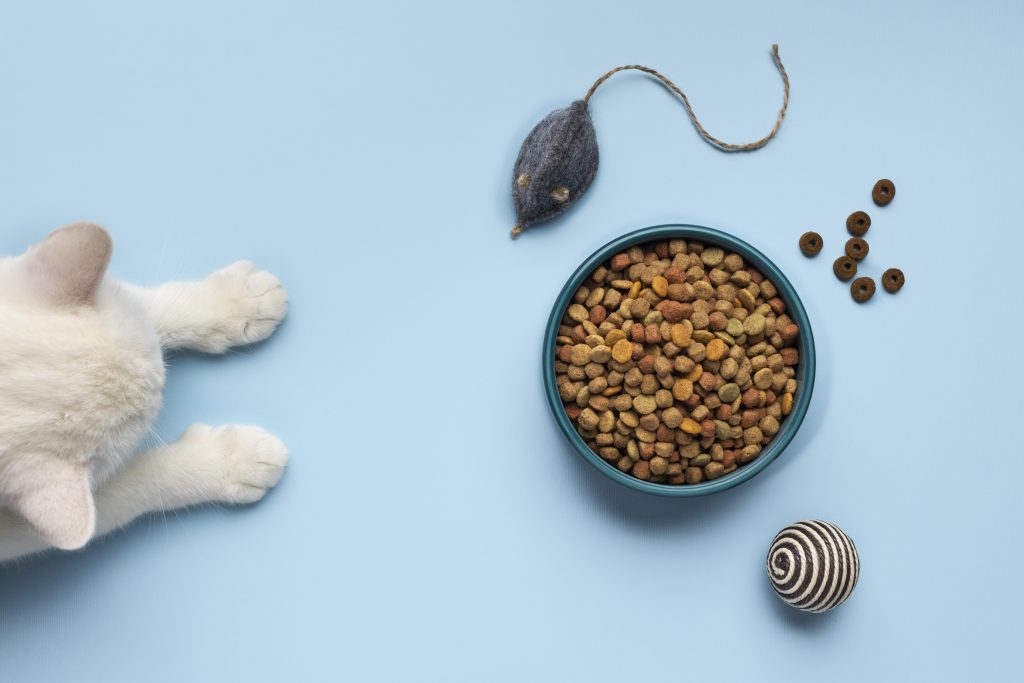Nuts are a popular snack for humans, but are they good for our furry friends? Many pet owners wonder if nuts are safe and healthy for their pets, and the answer is not straightforward. While some nuts can be a healthy addition to a pet’s diet, others can be dangerous or even deadly. In this article, we’ll explore whether nuts are good for pets and which types of nuts are safe for them to eat.
which nuts are good?
First and foremost, it’s important to understand that not all nuts are created equal. Some nuts, such as almonds, pistachios, and cashews, are relatively safe for pets in small amounts. These nuts are low in saturated fat and high in healthy nutrients like protein, fiber, and minerals. However, they should be given to pets in moderation and never as a substitute for their regular meals.
which nuts are bad?
On the other hand, some nuts can be toxic to pets and should be avoided altogether. Macadamia nuts, for example, are highly toxic to dogs and can cause vomiting, fever, and muscle weakness. Similarly, walnuts and pecans are high in fat and can cause gastrointestinal upset and pancreatitis in pets if consumed in large quantities.
Another factor to consider when giving nuts to pets is their size and ability to chew. Some nuts, such as peanuts, can be a choking hazard for smaller pets like birds, rabbits, and guinea pigs. Additionally, larger nuts like Brazil nuts and hazelnuts may be difficult for pets to chew and can cause dental problems or digestive issues.
If you do decide to give nuts to your pet, it’s important to prepare them properly. Nuts should be unsalted, unflavored, and unprocessed. Roasted or salted nuts can contain harmful additives that can be harmful to pets. Additionally, nuts should be chopped or ground into small pieces to make them easier for pets to eat and digest.
Allergic problems
It’s also worth noting that some pets may have allergies to certain types of nuts, just like humans do. Symptoms of nut allergies in pets can include itching, swelling, and difficulty breathing. If you suspect that your pet may have a nut allergy, it’s important to avoid feeding them any type of nut and consult with your veterinarian.
Another consideration when it comes to feeding nuts to pets is their overall diet. Nuts should not be a substitute for your pet’s regular food, as they do not provide all of the essential nutrients that pets need to stay healthy. Instead, nuts should be given as an occasional treat, in small amounts.
It’s also important to keep in mind that not all pets may enjoy eating nuts. Some pets may have difficulty digesting nuts, while others may simply not like the taste or texture. If your pet does not seem interested in eating nuts, don’t force them to do so.

In summary, nuts can be a healthy and nutritious snack for pets when given in moderation and prepared properly. However, not all nuts are safe for pets, and some can be toxic or cause digestive problems. It’s important to choose the right type of nuts, prepare them properly, and introduce them gradually to ensure that your pet can safely enjoy this tasty treat. As always, if you have any questions or concerns about feeding nuts to your pet, consult with your veterinarian.
If you’re looking for a way to incorporate nuts into your pet’s diet, there are a few ways to do so safely. One option is to mix small amounts of chopped nuts into your pet’s regular food as a tasty and nutritious supplement. Another option is to offer nuts as a standalone treat, such as a small handful of unsalted, unflavored nuts as a reward for good behavior.
When it comes to feeding nuts to pets, it’s important to remember that moderation is key. While nuts can be a healthy and tasty treat, they should not make up a significant portion of your pet’s diet. Additionally, it’s important to choose the right type of nuts, prepare them properly, and monitor your pet for any signs of discomfort or illness.
In conclusion, nuts can be a healthy and tasty addition to your pet’s diet when given in moderation and prepared properly. However, not all nuts are safe for pets, and some can be toxic or cause digestive problems. It’s important to choose the right type of nuts, prepare them properly, and monitor your pet’s reaction to ensure that they can safely enjoy this tasty treat. As always, if you have any questions or concerns about feeding nuts to your pet, consult with your veterinarian.

